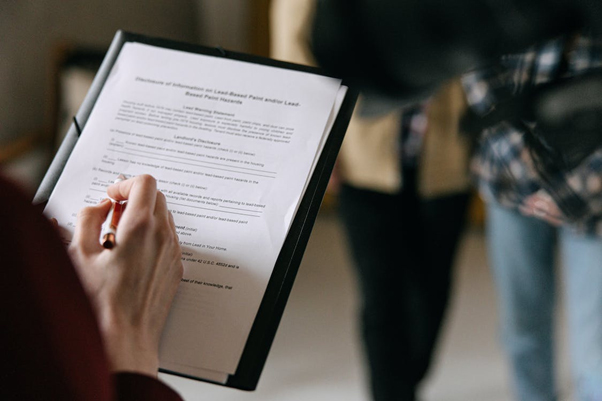
Survey Uncovers Varied Perspectives Among Pre-Law Students
In a recent survey conducted by the global educational services provider Kaplan, pre-law students shared their thoughts on using AI tools such as ChatGPT to create law school admissions essays. The survey results revealed a clear division of opinions among the respondents.
The Verdict: A Split Decision
Among the 389 aspiring lawyers surveyed in September 2023, 66 percent believed that law school applicants should not be allowed to use ChatGPT or similar GenAI tools for crafting their admissions essays. Conversely, 14 percent of respondents endorsed the idea of applicants utilizing AI tools for this purpose, while the remaining 20 percent remained undecided on the matter.
While the debate continues, a handful of JD programs have established school-specific policies regarding using GenAI tools in admissions essays. Notably, the University of Michigan Law School has explicitly banned using GenAI, whereas the Sandra Day O'Connor College of Law at Arizona State University has opted to permit its use. However, most law schools have yet to formulate policies concerning the role of GenAI in applicants' admissions essays, as indicated by preliminary findings from Kaplan's 2023 law school admissions officers survey.
Arguments Against GenAI Use in Admissions Essays
Pre-law students who oppose the incorporation of GenAI tools in admissions essays have articulated several compelling reasons for their stance:
2. **Unfair Advantage**: Some argue that allowing GenAI use could create an unfair advantage for applicants who lack strong writing and research skills, potentially disadvantaging others in the admissions process.
3. **Undermining the Purpose of Personal Statements**: Critics suggest that the use of GenAI tools undermines the fundamental purpose of a personal statement, which is to genuinely express a crucial aspect of one's identity in a concise yet impactful manner.
Advocates for GenAI Integration
Conversely, proponents of GenAI integration in admissions essays argue that it represents an opportunity for innovation and fairness. One student favoring this approach stated, "Banning AI in personal statements does nothing but penalize students willing to play by the rules. We need to learn to work with AI instead of against it."
Future Considerations
Amit Schlesinger, Executive Director of Legal and Government Programs at Kaplan, commented on the survey results, highlighting that pre-law students have historically taken admissions exams and built their GPAs without the assistance of GenAI. He noted that the survey results indicate a common concern: that allowing GenAI may level the playing field for applicants who are not strong writers but could also introduce authenticity-related worries. Most schools have yet to establish policies as the 2023-2024 application cycle begins. Schlesinger emphasized that this situation is unlikely to be sustainable as prospective students seek clarity and guidance from law schools regarding GenAI's role in admissions.
In conclusion, the debate surrounding using GenAI tools in law school admissions essays continues to divide pre-law students. In contrast, the stance of law schools on the issue remains undefined mainly as the application cycle for the upcoming year approaches.




